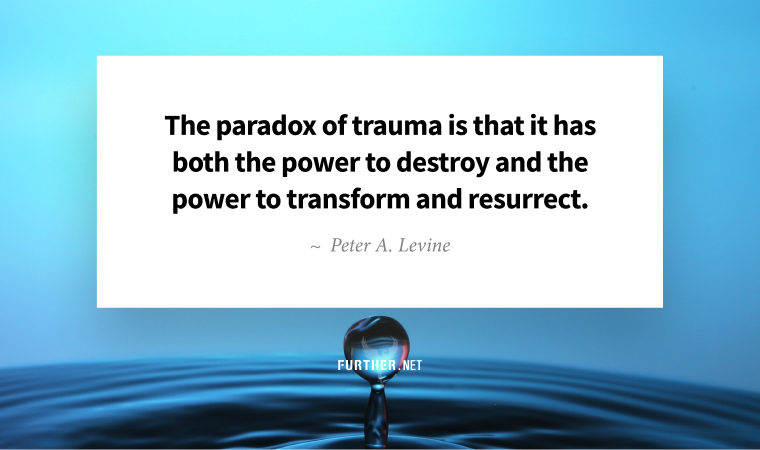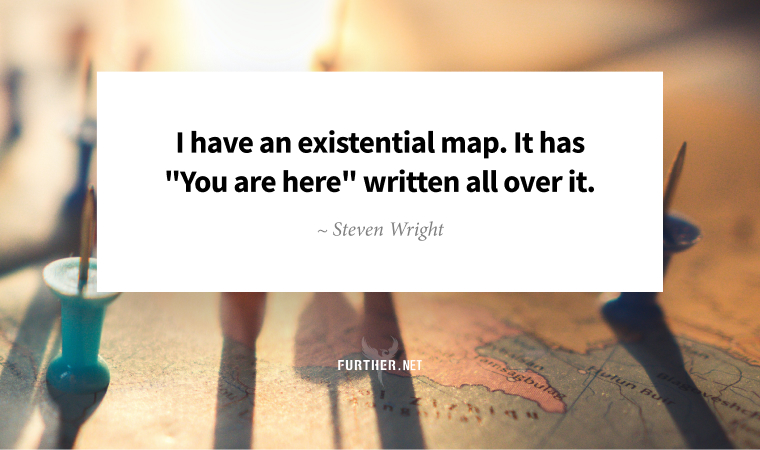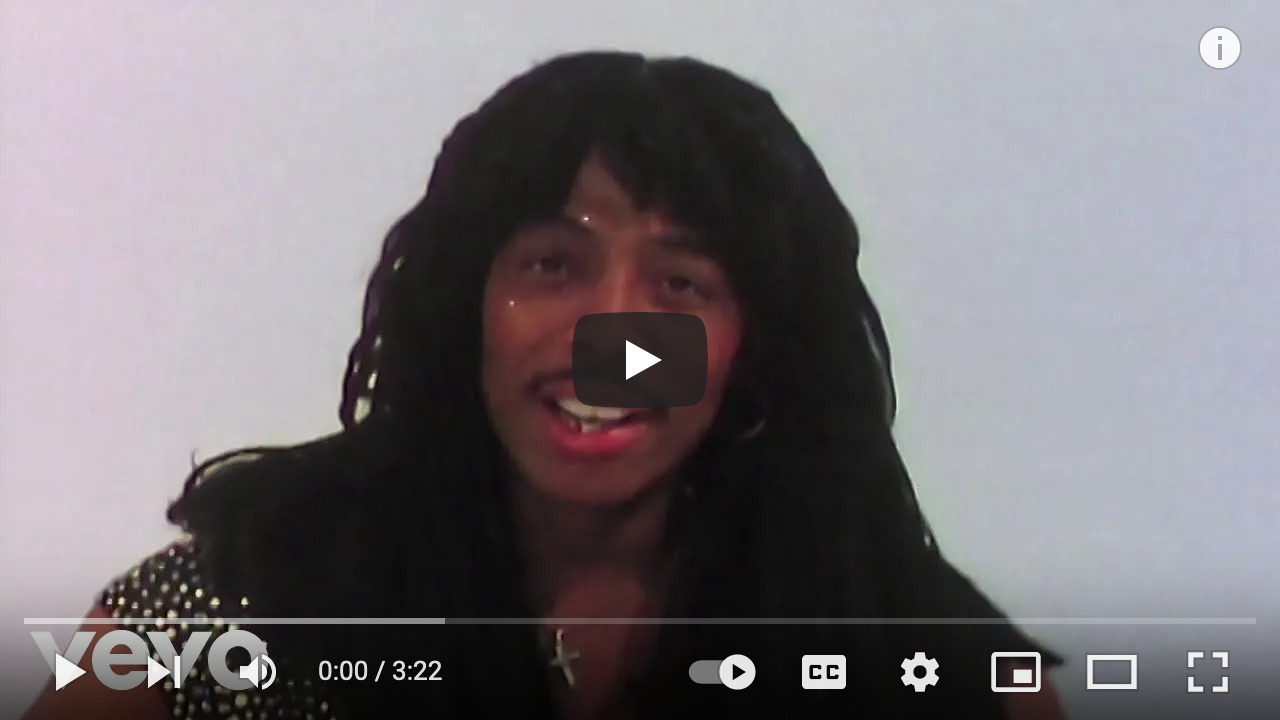
Jesse had been a star athlete and a straight-A student.
Then, the insomnia hit.
Shortly after his 19th birthday, Jesse woke up at 3:30 am, shivering. Nothing he did could stop the sensation that he was freezing.
Worse, he was haunted by a recurring thought:
If I go to sleep, I’ll never wake up.
This fear kept him up, night after night.
Upon consulting a therapist, the “freezing” aspect of that first night came into focus. Turns out Jesse’s mother has just told him about the tragic death of his father’s older brother.
Uncle Colin was only 19 when he froze to death checking power lines in a storm just north of Yellowknife in the Northwest Territories of Canada. Tracks in the snow revealed that he had been struggling to hang on. Eventually, he was found facedown in a blizzard, having lost consciousness from hypothermia.
Could Jesse be reliving his Uncle’s trauma three decades later? Was the terror that Jesse faced of letting go of consciousness a form of reliving his uncle’s death?
Shockingly, some in the psychiatric community think so. This is from It Didn’t Start with You: How Inherited Family Trauma Shapes Who We Are and How to End the Cycle:
In an attempt to explain stories such as Jesse’s, scientists are now able to identify biological markers — evidence that traumas can and do pass down from one generation to the next.
Rachel Yehuda, professor of psychiatry and neuroscience at Mount Sinai School of Medicine in New York, is one of the world’s leading experts in post traumatic stress disorder (PTSD). In numerous studies, she’s examined the neurobiology of PTSD in Holocaust survivors and their children.
Yehuda and her team found that children of Holocaust survivors who had PTSD were born with low cortisol levels similar to their parents’, predisposing them to relive the PTSD symptoms of the previous generation.
It’s certainly not your fault if trauma was inflicted on you as a child. And without a doubt if that trauma occurs before you were even born.
Skeptical? Me too, but I’m keeping an open mind.
I’m only halfway through the book so far — fascinating stuff. And while it may be hard to wrap our heads around, it may help explain why some struggle with anxiety and depression without a clear traumatic moment to point back to and address.
Further reading:
It Didn’t Start with You: How Inherited Family Trauma Shapes Who We Are and How to End the Cycle (Amazon)
Keep going-
P.S. New to Further? Join us here.
The Kids are Alright …
… but we may not be. When my daughter moved out a year ago, it impacted me way more than I thought it would — even though she’s just down the road. A year from now, the boy will fly off too (unless I convince him to take a gap year and travel with us). Bittersweet times.
Four Ways to Cope With Your Empty-Nest Grief
Unretirement Intensifies
We can spot a trend around here, can’t we? Further started talking about unretirement back in early 2019, and it’s only gaining steam as a movement. While other people are quitting jobs, older people are coming back — on their own terms.
Your Money on Your Mind
You can’t make quality financial decisions unless you know what you’re aiming for. And according to a big new international study, what you’re aiming for, if you really think about it, might be far less stressful and more doable than you sometimes fear.
Existential Amazement
No matter how sucky things can seem at times, maybe it’s better to focus on the absolutely miracle of you being born at all. Hey, you’ve tried everything else.
Think About It – Your Existence is Utterly Astonishing
It’s Time to Explore the Meaning of Life

By Trudi Roth
So many existential crises, so little time. Amirite?
It might feel like everything is going up in flames, but we didn’t start the fire. As Billy Joel noted:
The world’s a mess. It’s always been a mess, it’s always going to be a mess.
That doesn’t let us off the hook, though. I’ve spent many sleepless nights contemplating ways to start cleaning up the mess we’ve made. This often feels futile, like trying to crack a riddle, wrapped in a mystery, trapped inside an enigma.
Turns out this is a smart response to life’s Big Questions. From the vantage point of midlife — having not inherited the earth from our ancestors but in the midst of borrowing it from our children (paraphrasing the proverb) — it’s time to cultivate existential intelligence.
The DL on Ex I
Back in the day, only one kind of intelligence “counted”: the intelligence quotient (IQ), which theoretically measured reasoning ability. In response to this reductionist, biased approach, late-20th century theorists developed more inclusive models, including Daniel Goleman (emotional intelligence), Robert Sternberg (analytical, contextual, and experiential), and, notably, Howard Gardner.
Gardner argued that intelligence couldn’t be boiled down to a number, so he created the theory of multiple intelligences in 1983. Initially, he identified eight categories, including linguistic, logical/mathematical, spatial, bodily-kinesthetic, musical, interpersonal, intrapersonal, and naturalist. A dozen years later, he added existential intelligence (Ex I), which is:
The cognitive capacity to raise and ponder “big questions” — queries about love, about evil, about life and death — indeed, about the nature and quality of existence.
The characteristics of EX I include an interest in deep topics, self-awareness, spirituality, being of service, and upholding universal values (i.e., peace, truth, love). While Gardner is careful to emphasize the theoretical aspect of EX I as he’s not sure about the neurological correlation, during the pandemic, he noticed a resurgence of interest in the theory.
Developing Existential Intelligence
If you want to kick the existential blues, you’ve got to be smart about it. And luckily, you don’t have to be a philosopher, academic, or theologian to develop existential intelligence. Here are some strategies to foster connection and increase your sense of well-being, even as the Big Questions (and the rest of our planet) continue to burn:
- Be open-minded: Explore and integrate other realities and approaches into your belief system.
- Talk about it: Discuss and debate deep questions with others.
- Get conscious: Practice meditation and mindful contemplation.
- Promote unity: Get involved with activities in your community that bring people together.
- Practice self-care: Keep your body, mind, and spirit strong.
After all, questioning the meaning of life ain’t for the meek. But since we’ve inherited the earth, it’s on us to spark ideas and light the way to a better future.
Existential Intelligence: The Last of Howard Gardner’s Multiple Intelligences (Exploring Your Mind)
further: flashback
 Rick James – Super Freak
Rick James – Super FreakStreet Songs, 1981
There are only two things you need to know about Superfreak. One, if at any time during the song you yell “Hammertime,” you’re outta the Gen X club. And two, cocaine’s a helluva drug. (YouTube)
further: sharing

Further subscribers who share Further with friends can gain access to our exclusive membership community Well + Wealthy with only three referrals. Get your own free weekly dose of health, wealth, travel, and happiness advice here, and find out all the details on our referral program.
Thank you for sharing Further!
